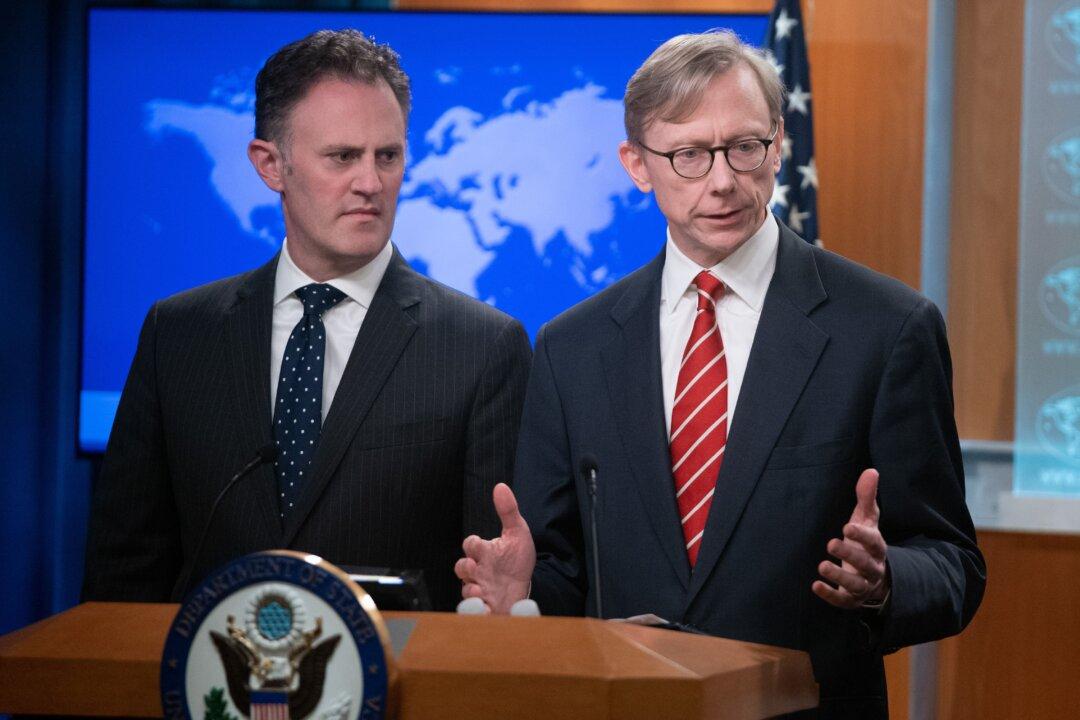The U.S. special representative for Iran warned that the successor to Iran’s Quds Force, Gen. Esmail Ghaani, will suffer the same fate as his predecessor if he directs attacks that kill Americans.
Following the U.S. airstrike that killed Gen. Qassem Soleimani in Baghdad on Jan. 3, Iran appointed Ghaani as the new chief of the Quds Force, which is overseen by Iran’s Revolutionary Guards and was allegedly used by Tehran to exert control of a variety of Shi’ite groups in the Middle East. U.S. President Donald Trump and Secretary Mike Pompeo said Soleimani was killed because he was plotting attacks against U.S. facilities and personnel.





